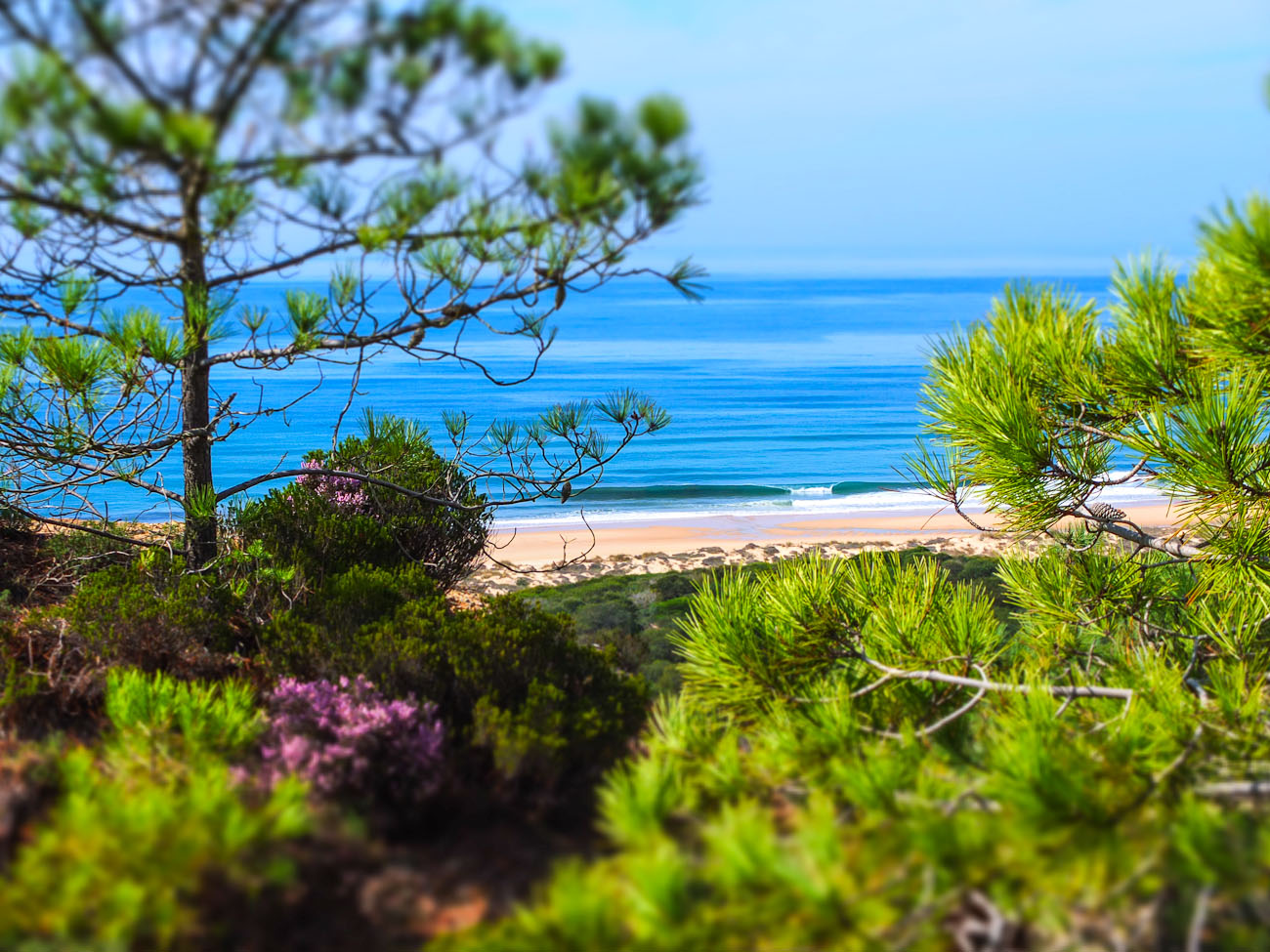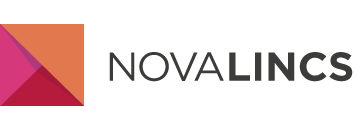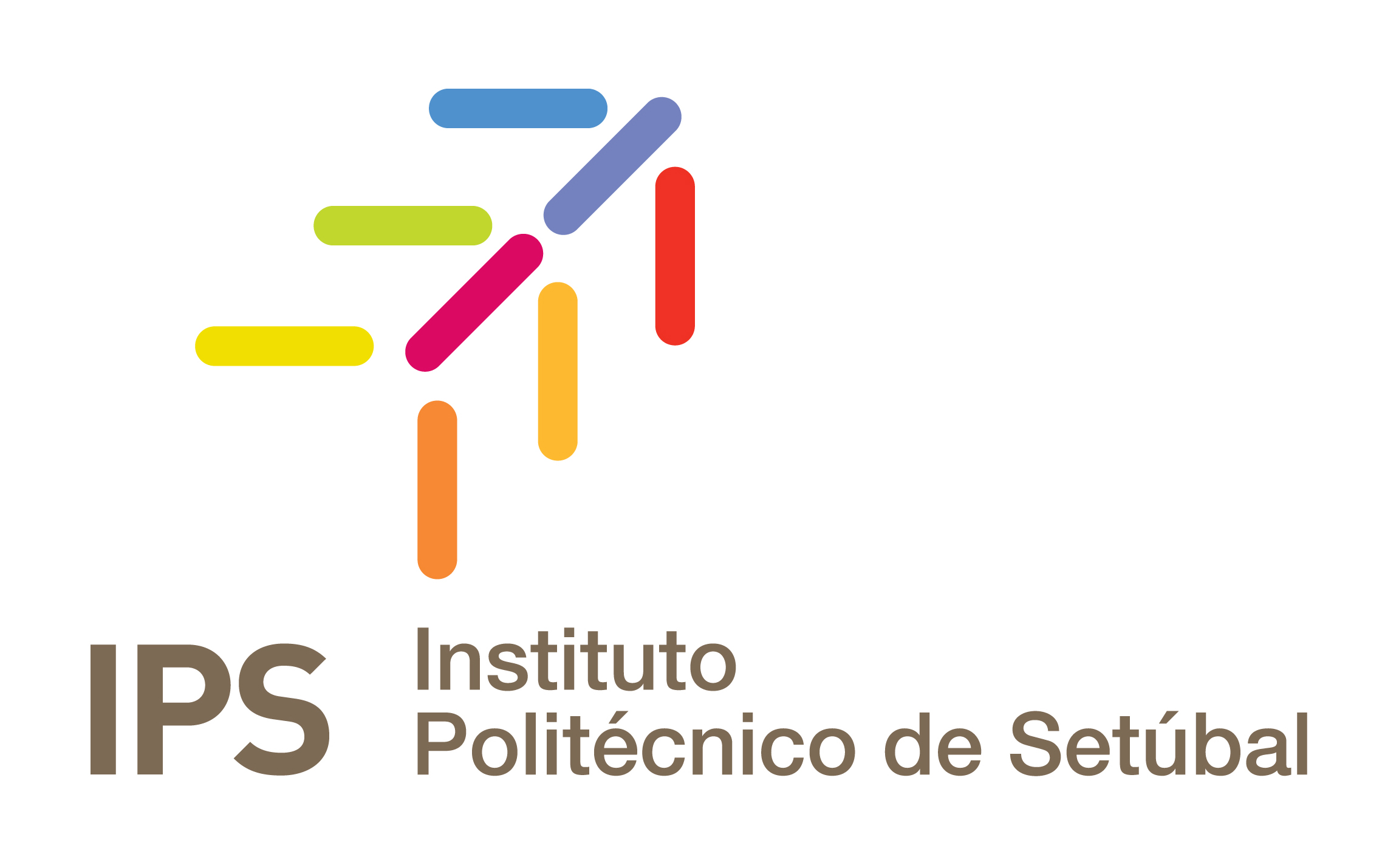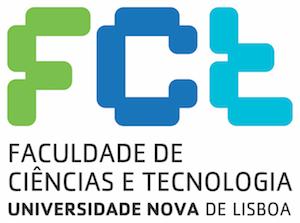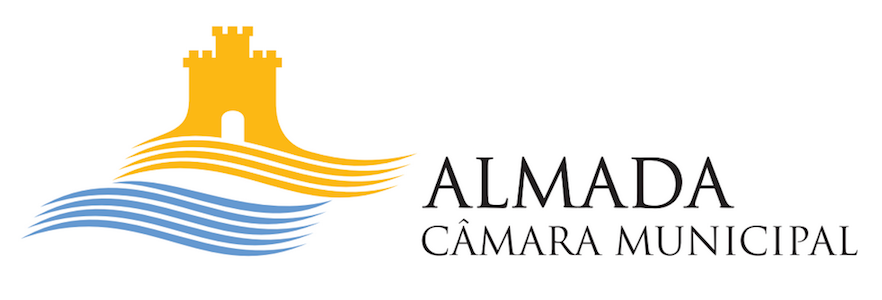We invite you to participate in the
24th International Conference on Collaboration and Technology (CRIWG 2018).
The Conference is a major forum for academic researchers to exchange their experiences related to the development and use of collaboration technology, and it has a strong focus on technology design and development. Most published papers propose innovative technical + human + organizational approaches to expand collaboration support, often backed up by theory brought from various disciplines including computer science, management science, design science, cognitive sciences, and social sciences.
However, the Conference also seeks papers with theory, models, design principles, methodologies, and case studies that contribute to better understand the complex interrelations between collaboration and technology. Considering the heterogeneity of research in collaboration and technology, researchers may address the validation of their work through multiple approaches including laboratory experiments, fieldwork, analytic evaluations, case studies, prototyping, and empirical tests.
Again this year, CRIWG 2018 will be collocated with CollabTech 2018!
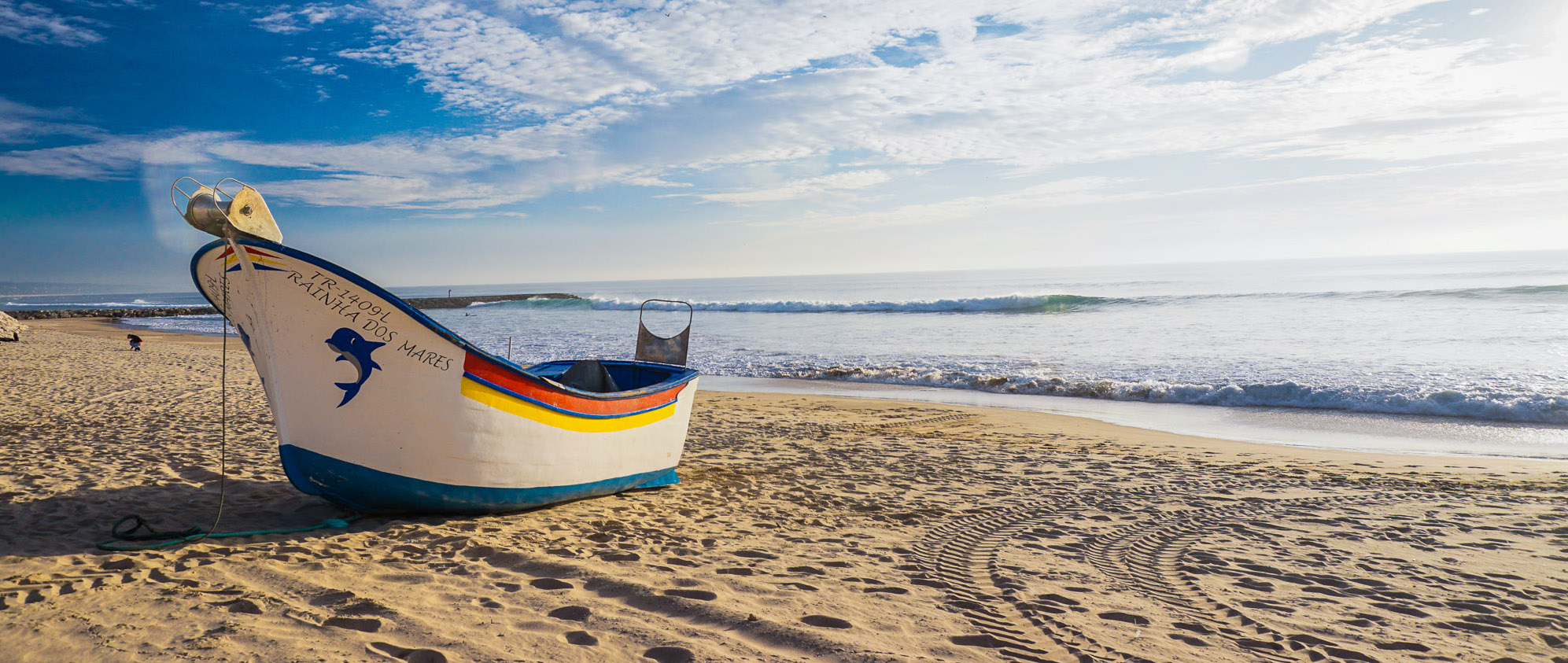
Topics
Organization design and engineering
- Work analysis, work modeling and process management
- Group decision-making and negotiation
- Group-oriented knowledge management
- Collaboration engineering
- Virtual, ad-hoc, mobile organizations
- Organization resilience
- Measuring team performance
Collaboration through social media
- Online communities
- Crowdsourcing
- Serious games.
- Behavioral incentives
- Social media analytics
- Digital inclusion using social media
Collaboration technology
- Multi-user interfaces
- Collaboration frameworks, toolkits and design patterns
- Multi-agent systems supporting collaboration
- Mobile, physically-embodied collaboration
- Work-on-demand platforms
- Design principles for collaboration support
- Supporting meta-design
Collaboration in specific application domains
- Collaboration in education
- Collaboration in research
- Collaboration in healthcare
- Collaboration in software engineering
- Collaboration in emergency management
- Collaboration in safety management
- Case studies
Important Dates
- Title & Abstract Submission:
April 1, 2018- April 29, 2018 - Paper Submission Deadline:
April 8, 2018- May 6, 2018 - Workshop Proposal Deadline:
April 8, 2018- May 6, 2018 - Notification of Acceptance: May 29, 2018
- Camera Ready Papers: June 22, 2018
- Conference: September 5-7, 2018
- All deadlines are at 11:59PM NUT (Niue Time Standard Time)
Submission Guidelines
Electronic paper submissions are accepted in two categories: full papers and work in progress papers. Full papers have a length of up to 16 pages, while work in progress papers have a maximum length of 8 pages. Both full and work in progress papers appear in the proceedings. Accepted papers will be published by Springer as part of their Lecture Notes in Computer Science (LNCS) series ( www.springer.com/lncs).
Papers should follow the Springer LNCS templates at: Journal http://www.springer.com/computer/lncs/lncs+authors?SGWID=0-40209-0-0-0.
Journal Special Issue
The authors of the best papers presented at the Conference will be invited to submit extended versions to a journal special issue. In the past, Special issues were published in the Journal of Universal Computer Science (open access), Information Systems Frontiers, International Journal of Cooperative Information Systems, and E-Services Journal.
Call for Workshop Proposals
The 2018 International Conference on Collaboration and Technology is soliciting proposals for one-day workshops to be co-located with the conference to be held in Costa de Caparica, Portugal. The workshops will be held on September, 5th 2018. Workshops should address topics related with the areas of the conference and are intended to have a format that encourages community interaction, discussion and reinforcement. Proposals should be sent to criwg2018@campus.fct.unl.pt
Welcome to Portugal
Heritage, Culture and Gastronomy
Costa de caparica is located a few minutes away from Lisbon, Portugal's capital. On every street, every corner and every alley, there are testimonies of a rich history that is reflected on a vast edified heritage - including palaces, museums, churches, fortifications and fountains.
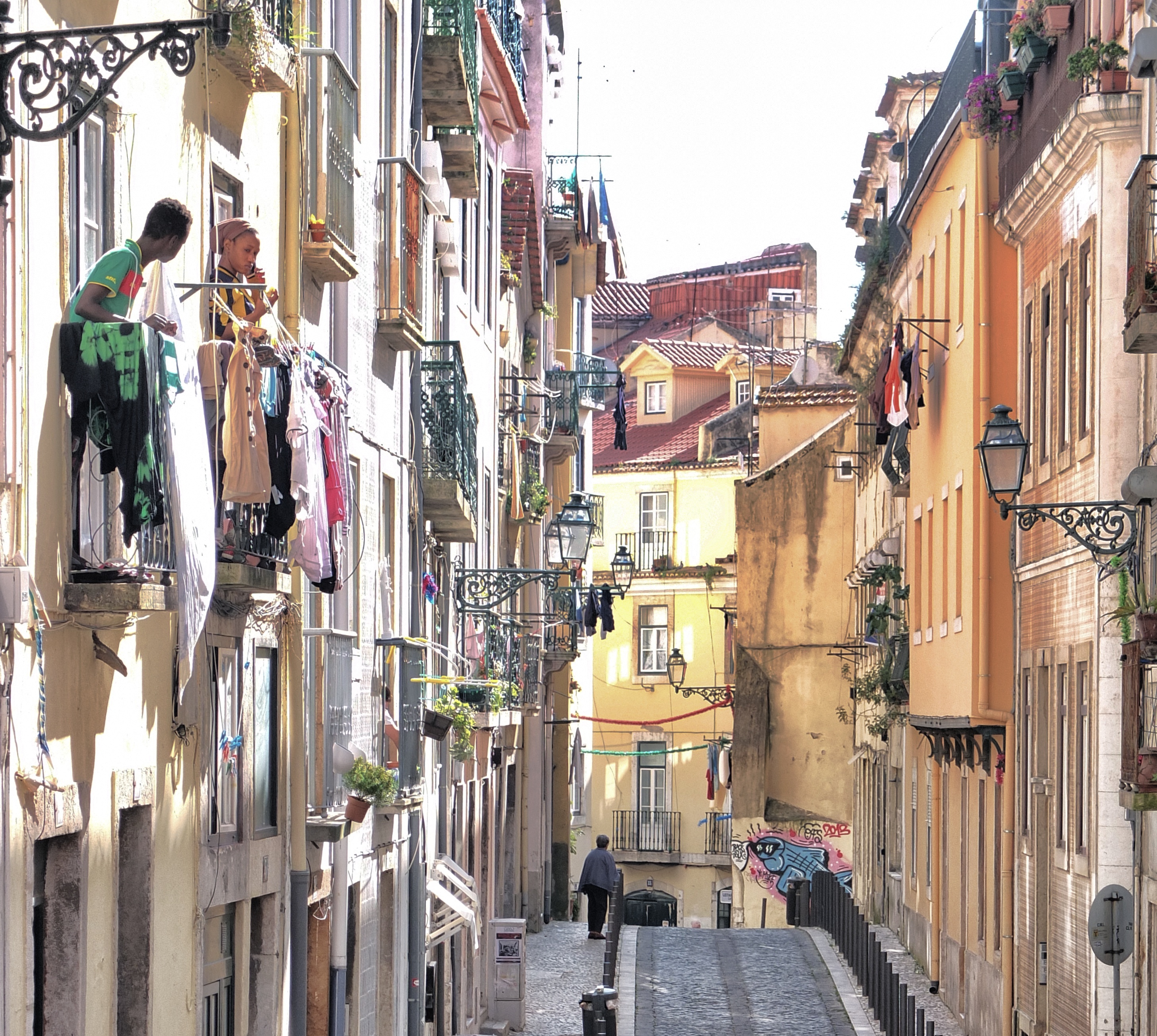
Costa de Caparica
Atlantic Ocean and soft sand
Costa da Caparica coastline is simply stunning, and is famous for its vast sandy beach, powerful surfing seas and wonderful natural scenery, all of which is less than a 20-minute drive from central Lisbon. Its seemingly never-ending beach attract families and surfers to its pine forests and mellow beach-shack cafes.
